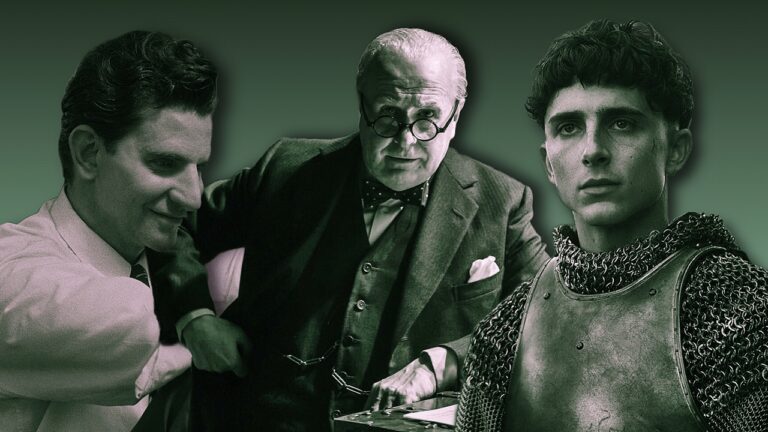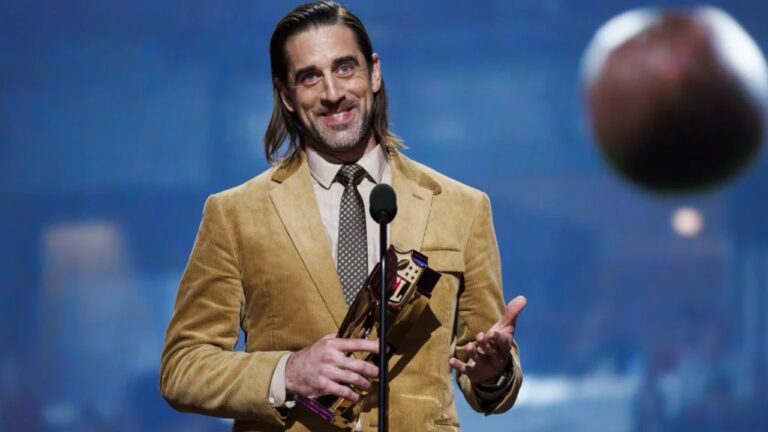18 TV Shows That Totally Fell Apart
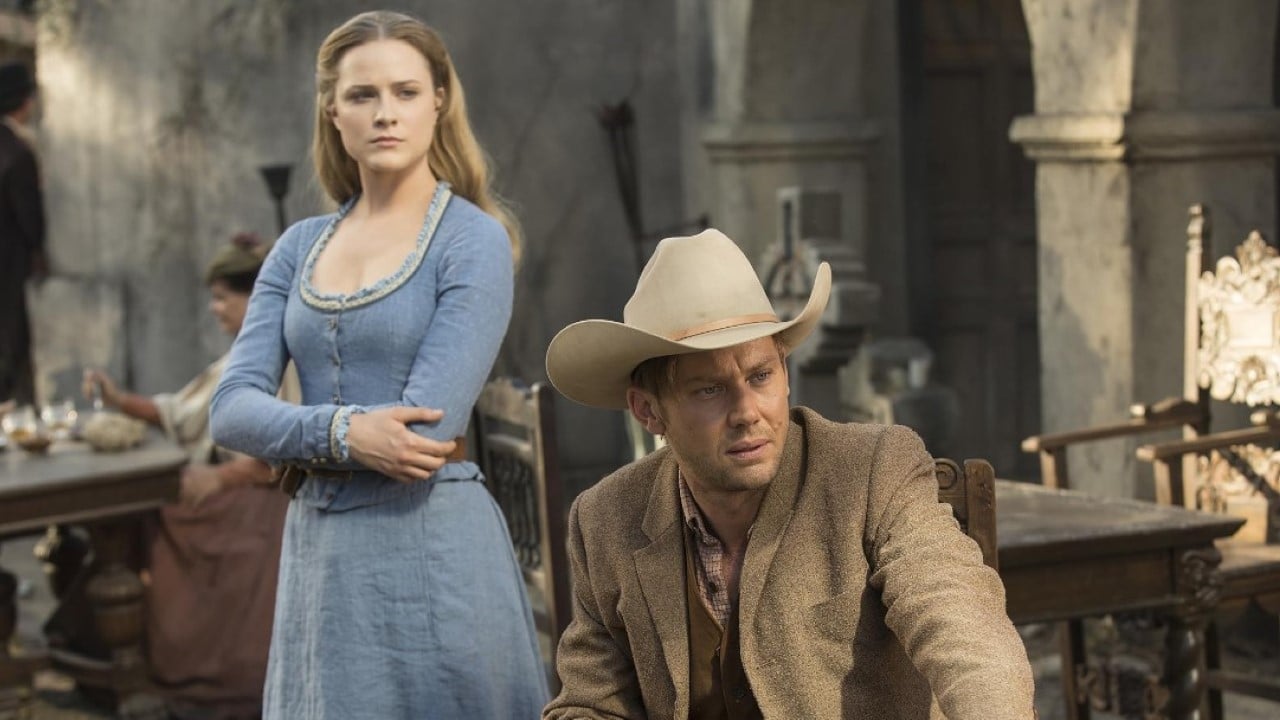
It takes a tremendous amount of skill to craft a great TV show, whether in the form of a tremendous sitcom like The Office, Community, or Parks and Recreation or a more realistic drama like The Sopranos.
Though pop culture comes riddled with series that remain exceptional from start to finish, fans have also seen their fair share of underwhelming TV series with each passing decade.
Though they might have had a promising start, these shows veered into somewhat disappointing territory with each new season.
Game of Thrones (2011)

Few shows attracted the same level of popularity as HBO’s Game of Thrones.
Earning rave reviews in its initial four seasons, the beginning of the end came for George R.R. Martin’s rip-roaring fantasy series by the time the fifth season rolled around, owing to flimsier writing, inconsistent characterization, and a narrative conclusion that felt more than a little rushed.
Dexter (2006)

While Anthony Michael Hall’s performance as the charismatic title character never failed to elicit a smile, Dexter saw a major drop in quality around the time of its fifth season.
Though seasons five and six remain (in part, at least) bearable, most viewers will have trouble sitting through the final two seasons of the series in its entirety, especially when it comes to its near-unwatchable series finale.
The Walking Dead (2010)

A series that dragged on for far, far too long, The Walking Dead held an elite place in pop culture fandom at the start of the 2010s.
Halfway through the decade, though, the once promising zombie series had begun its gradual decline, ushering in a series that felt repetitive, uninspired, and…well…just plain boring.
Riverdale (2017)

Revitalizing the famed Archie Comics with a modern aesthetic and sensibility, Riverdale garnered the attention of mainstream audiences through its campier storylines and over-the-top tone.
While the first two seasons excelled at this melodramatic atmosphere, the final two seasons failed to live up to the high standards set by fans in its initial few seasons.
Heroes (2006)

When Heroes first premiered in 2006, it seemed like NBC had stumbled onto the next great sci-fi series.
Though it had the potential to eclipse the popularity of ABC’s Lost, Heroes never matched the acclaim of its inaugural season, buckling under the weight of pedestrian storylines that went nowhere.
Westworld (2016)
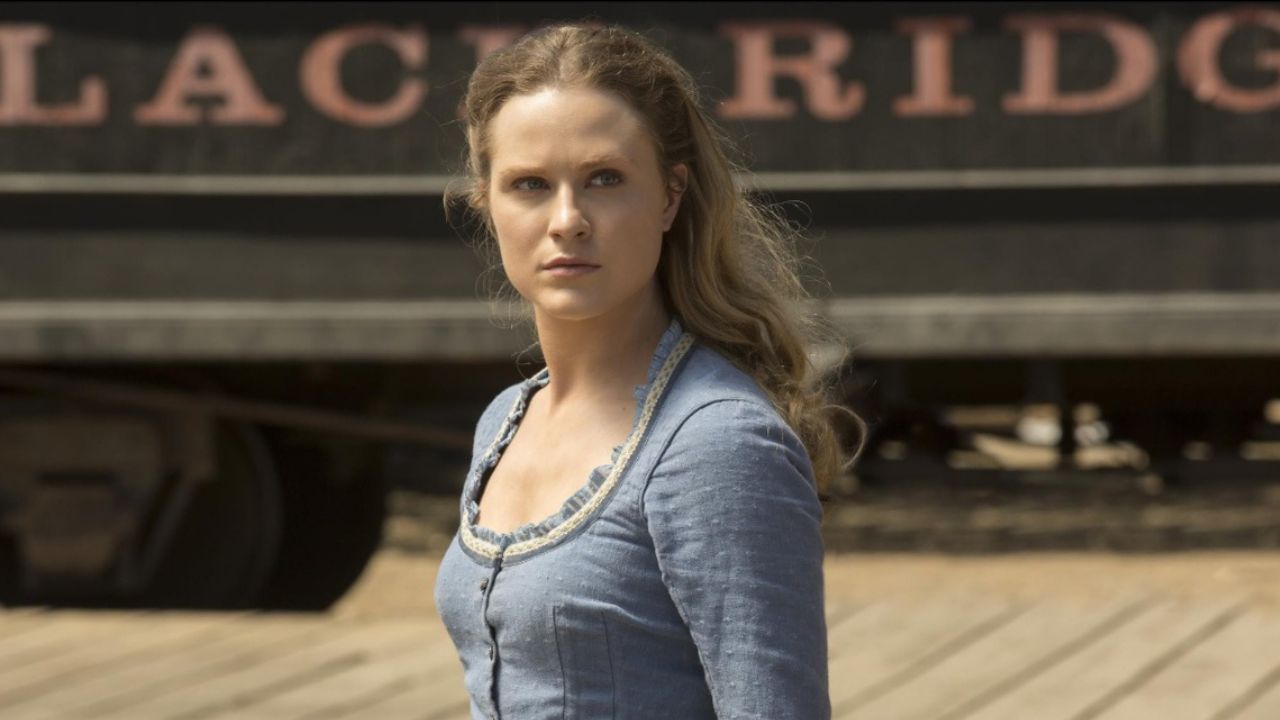
Another series with a strong start and a weak conclusion, Westworld seemed like the show of the future when it first aired in 2016.
Possessing a dense and poignant study about the larger implications of A.I., Westworld never seemed to recapture the same intellectual magic it bottled in its first season, landing with an egregious thud by the time its second season arrived on HBO.
Killing Eve (2018)

Killing Eve’s greatest strength soon became its greatest weakness.
Swapping out head writers with each new season, Killing Eve saw a major drop in quality when it replaced Phoebe Waller-Bridge and Emerald Fennell with two decent but unremarkable head writers. The move ensured a spy series that felt flimsy, inconsistent, and more than a little disappointing compared to its first two seasons.
American Horror Story (2011)

Among the most popular FX series ever made, American Horror Story commanded legions of fans at the start of the 2010s, achieving the same level of popularity as Black Mirror at the close of the decade.
In spite of its superior first four seasons, however, a lack of decent ideas soon triggered AHS’s slow decline into obscurity, culminating in such harebrained anthologies as Hotel, Roanoke, Cult, NYC, and Delicate.
That ‘70s Show (1998)

Like most sitcoms of its era, That ‘70s Show underwent a major change for the worse when it lost its series protagonist, Eric Forman (Topher Grace), at the end of its seventh season.
Struggling to fill the void left by Grace, That ‘70s Show limped on towards a lackluster final season — a season further hampered by the departure of Ashton Kutcher and the arrival of Josh Meyers’ romantic love interest, Randy Pearson.
The Simpsons (1989)
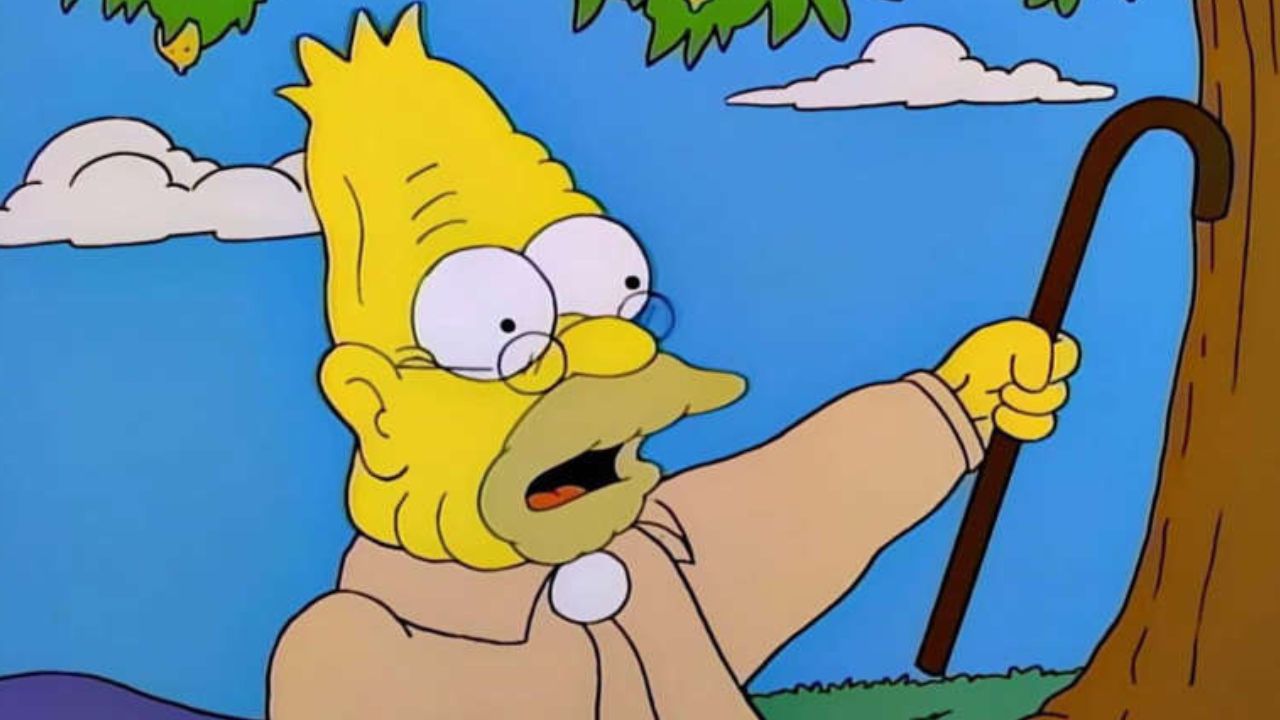
Most fans can accept that a series that has gone on as long as The Simpsons seems destined to fall apart sooner or later.
As expected, Matt Groening’s classic animated series began to sour around the year 2000, swapping out smart, funny, and relatable humor for low-brow jokes, forgettable storylines, and animation that seemed too glamorous and glitzy for its own good.
Two and a Half Men (2003)

Struggling to come back from Charlie Sheen’s controversial exit, Two and a Half Men called in Ashton Kutcher to replace Sheen’s womanizing lothario at the heart of the series.
As it happened, Kutcher lacked the same bad boy charisma that seemed so natural to Sheen, ending Two and a Half Men on a bitter final note.
The Office (2005)
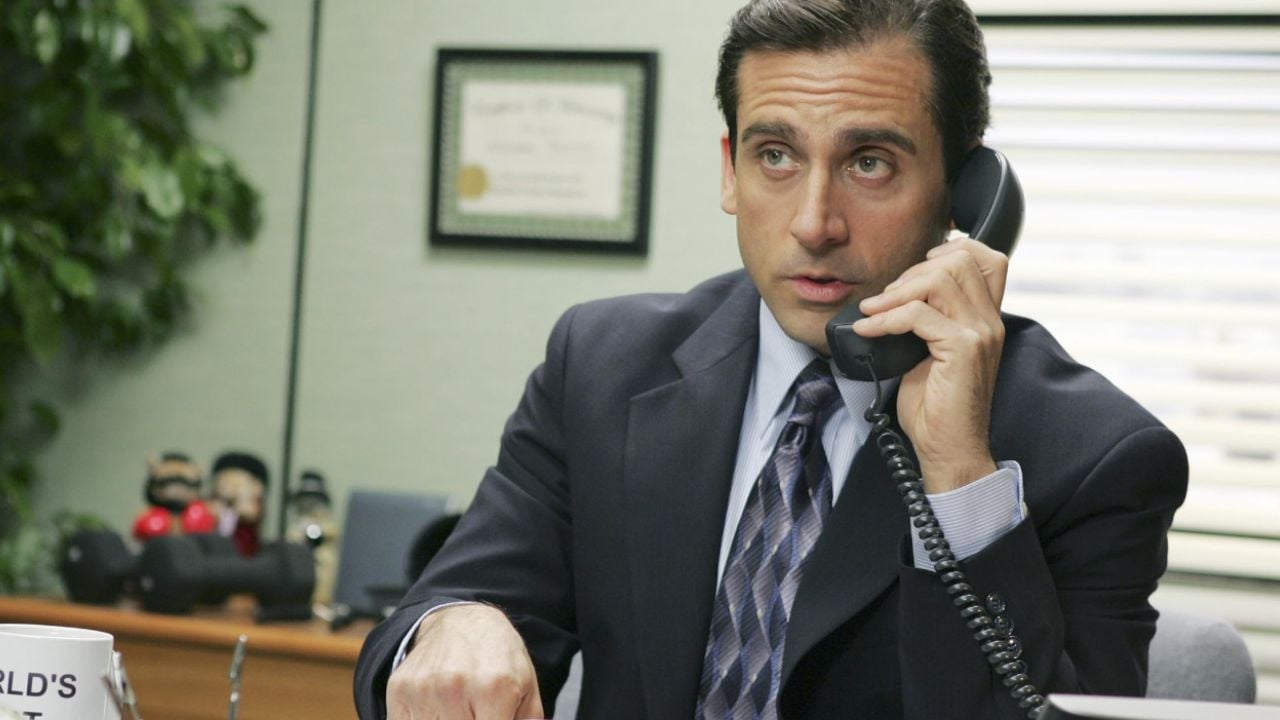
Like That ‘70s Show and Two and a Half Men, not even The Office proved immune from the fallout of a main character leaving the series behind.
While Rainn Wilson did an admirable job holding the series together, The Office never felt the same without Steve Carrell’s fan-favorite office manager, Michael Scott, standing tall at the center of the series.
Family Guy (1999)

As with its recurring animation rival The Simpsons, Family Guy has fallen into the same hole when it comes to animated series that have gone on for far too long.
While Seth MacFarlane’s breakout series seemed like The Simpsons’ dramatic successor, Family Guy sacrificed its relatable tone for jokes that felt either mean-spirited or flat-out gross — sometimes both at the same time.
True Detective (2014)

In fairness, True Detective has ebbed and flowed in terms of quality over the years, with its first and third seasons featuring impeccable writing and riveting performances.
Yet between its lackluster second and fourth seasons, this neo-noir thriller has never come close to living up to its original first season (itself a masterclass in mystery and suspense).
True Blood (2008)

While not everyone’s cup of tea, even the harshest critics can admit to True Blood’s appeal.
Balancing some mild scares with a kitschier tone, True Blood dazzled fans of Twilight or Vampire Diaries for the better part of five seasons, even if it began to wither away into a grating mess by the time its final two seasons stepped out into the limelight.
Arrested Development (2003)
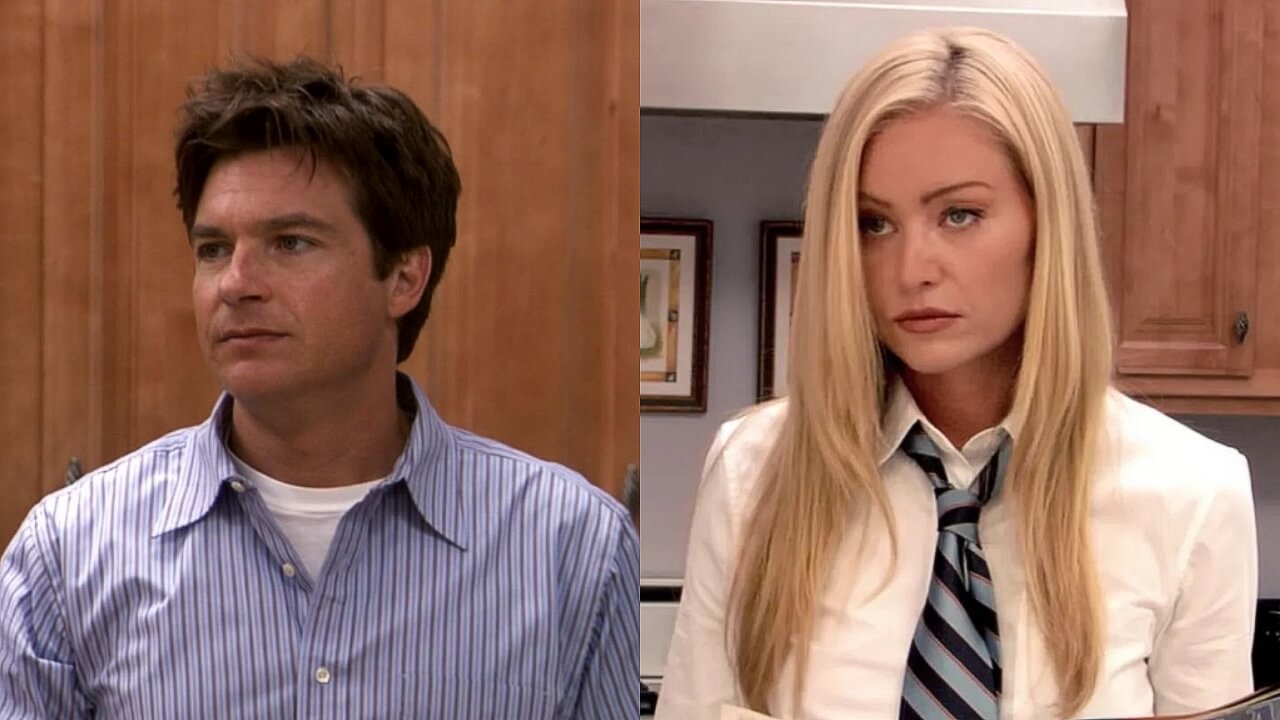
Prior to its cancellation in 2006, Arrested Development had become something of a cult phenomenon, wowing a niche contingent of audiences with its non-stop barrage of laugh-out-loud jokes and absurdist humor.
When the series returned in 2013, however, it became clear that Arrested Development had lost its critical edge, preventing the series from ushering in the same acclaim as its first three seasons.
Lost (2004)

One of the most popular shows of the 2000s, Lost began to lose its footing by the time the series entered its fourth season.
Having run out of succinct flashback storylines that further humanized its main characters, Lost instead spent more and more time on branching alternate timelines, the paradoxes of time travel, and a fateful final battle between good vs. evil (with somewhat mixed results).
13 Reasons Why (2017)

When Netflix announced the decision to follow 13 Reasons Why with another season, fans could only lift up their eyebrows in confusion.
After all, why ruin a good thing that had already reached its logical conclusion? A far cry from the weightier tone of its inaugural season, 13 Season Why’s final three seasons forever undercut the achievements of its initial storyline, ending with a simmer where once it had concluded with a bang.



